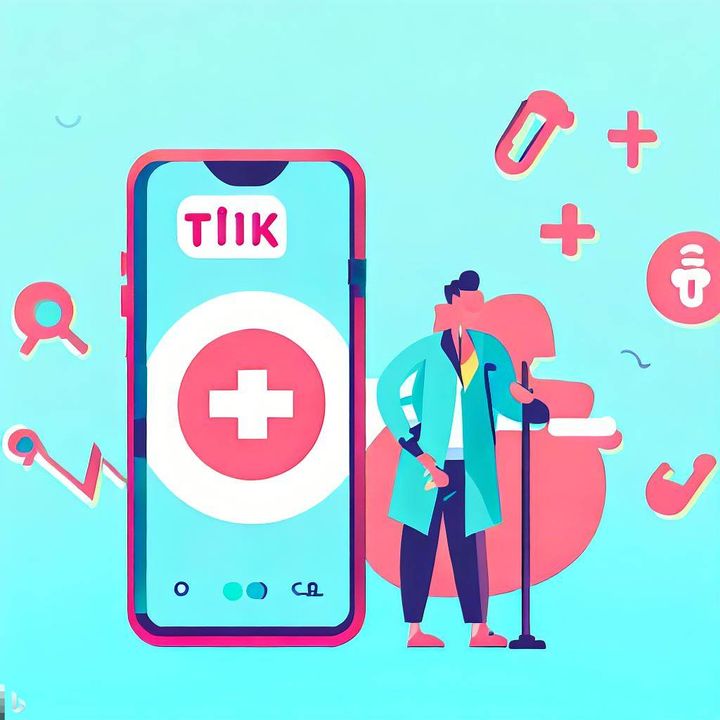Artificial Intelligence and Diabetes in 2023

Artificial intelligence (AI) is rapidly transforming the healthcare industry, and diabetes is no exception. AI is being used to improve diabetes management in a number of ways, including:
- Predicting diabetes: AI can be used to analyze large datasets of data to predict who is at risk of developing diabetes. This information can be used to target preventive interventions to those who need them most.
- Diagnosing diabetes: AI can be used to analyze blood test results and other data to diagnose diabetes more accurately and efficiently.
- Managing diabetes: AI can be used to develop personalized diabetes management plans that take into account individual patient factors such as lifestyle, diet, and medication.
- Monitoring diabetes: AI can be used to monitor blood glucose levels and other diabetes-related data in real time. This information can be used to help patients make informed decisions about their care and to prevent complications.
- Treating diabetes: AI is being used to develop new treatments for diabetes, including new drugs and devices.
The benefits of AI in diabetes management
There are many benefits to using AI in diabetes management. AI can help to:
- Improve the accuracy and efficiency of diabetes diagnosis and management: AI can help to identify people who are at risk of developing diabetes, diagnose diabetes more accurately, and develop personalized diabetes management plans.
- Reduce the risk of diabetes complications: AI can help to monitor blood glucose levels and other diabetes-related data in real time, which can help to prevent complications such as heart disease, stroke, and blindness.
- Improve the quality of life for people with diabetes: AI can help people with diabetes to live more normal lives by providing them with the information and support they need to manage their condition.
The challenges of AI in diabetes management
There are some challenges to using AI in diabetes management. One challenge is that AI algorithms need to be trained on large datasets of data. This can be a time-consuming and expensive process.
Another challenge is that AI algorithms can be biased. This is because they are trained on data that is collected from humans, and human data can be biased. For example, if the majority of the data used to train an AI algorithm is from white men, the algorithm may be less accurate at predicting the risk of diabetes in black women.
The future of AI in diabetes management
AI is a promising technology that has the potential to revolutionize diabetes management. Research in this area is ongoing, and it is likely that AI will continue to play an increasingly important role in the fight against diabetes.
How you can get involved
There are a number of ways you can get involved in the development and use of AI for diabetes management. You can:
- Support research: There are a number of organizations that are funding research into the use of AI for diabetes management. You can support this research by donating to these organizations or by participating in clinical trials.
- Advocate for the use of AI: You can advocate for the use of AI for diabetes management by talking to your doctor, your elected officials, and other healthcare professionals.
- Become a developer: If you are interested in developing AI tools for diabetes management, there are a number of resources available to help you get started.
By getting involved, you can help to ensure that AI is used to its full potential to improve the lives of people with diabetes.



